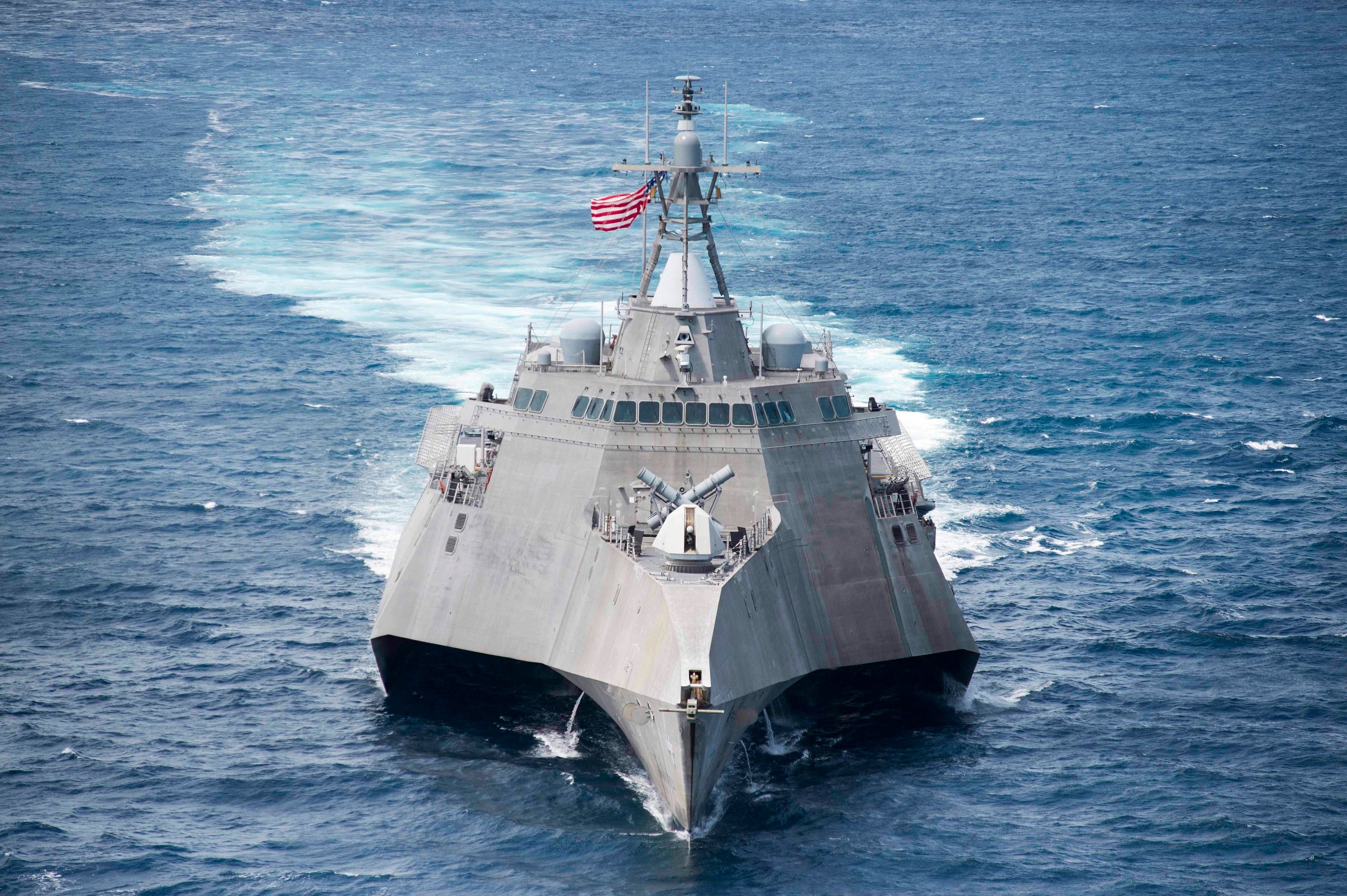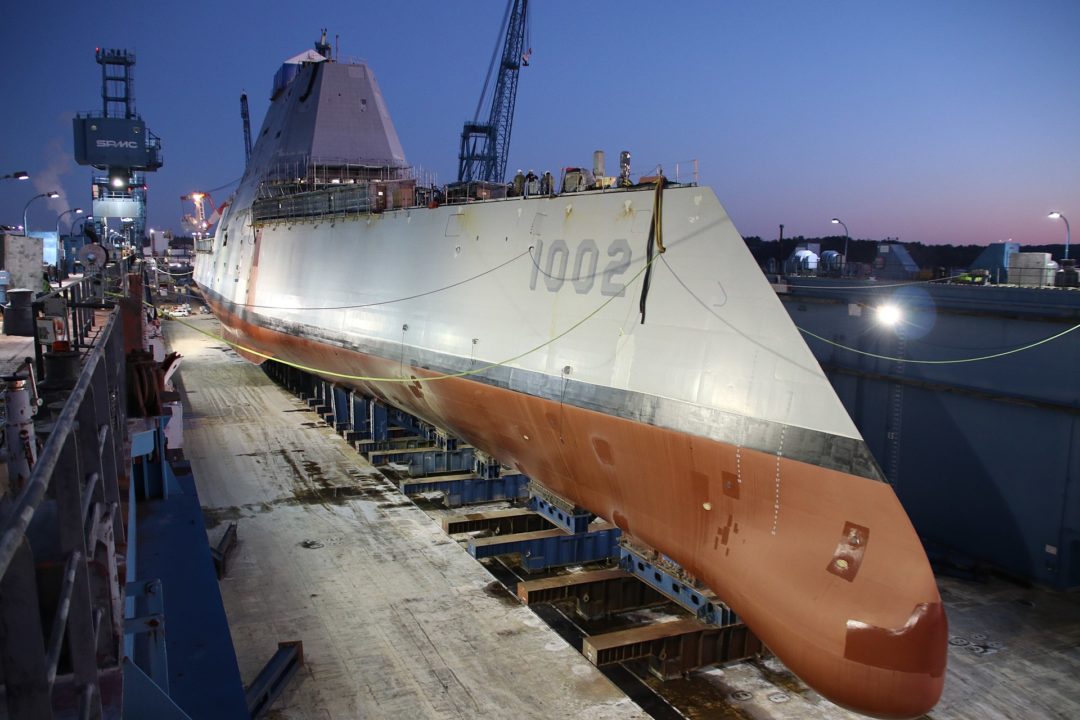

Recently retired Defence Forces chief of staff Mark Mellett told a conference in June the first salvo of the war in Ukraine “was actually fired on the southwest coast of Ireland” when Russian ships tested their missiles. “The policy of preserving Ireland’s autonomy and sovereignty through neutrality may not stand up well against state and non-state actors wishing to gain an advantage in an era of hybrid conflict,” Comdt Derek McGourty wrote in the Defence Forces Review in 2020.* If this is borne out, it will be a classic example of Russian hybrid warfare, a form of offensive action that falls below the threshold of a military attack and is designed to sow confusion and fear in the enemy. Investigations are continuing but all the signs currently point towards sabotage by Russia. Some of those risks were driven home last week when several leaks were detected in the Nord Stream gas pipelines in the Baltic Sea. It also explains why successive Irish governments have remained blind to the many unique risks an island nation faces in the modern world.

In this light, it is perhaps no surprise the Irish State didn’t establish a navy until 1946, a navy which by 1969 had no ships whatsoever. In 1916, the rebels ensured their defeat by failing to capture the pier in Dún Laoghaire to prevent the landing of British troops. During the Irish Famine, coastal communities starved to death because they had neither the expertise nor equipment to fish the seas.

This means both the Irish authorities and the public often overlook the advantages and drawbacks of being the only island nation in the northern European Union, believes FitzGerald, who until recently was second in command of the Naval Service.Įxamples of this sea-blindness can be found throughout history. It’s a condition retired Naval captain Brian FitzGerald calls “sea-blindness”. For a country responsible for a maritime area 10 times its land mass, Irish people spend remarkably little time thinking about the sea.


 0 kommentar(er)
0 kommentar(er)
